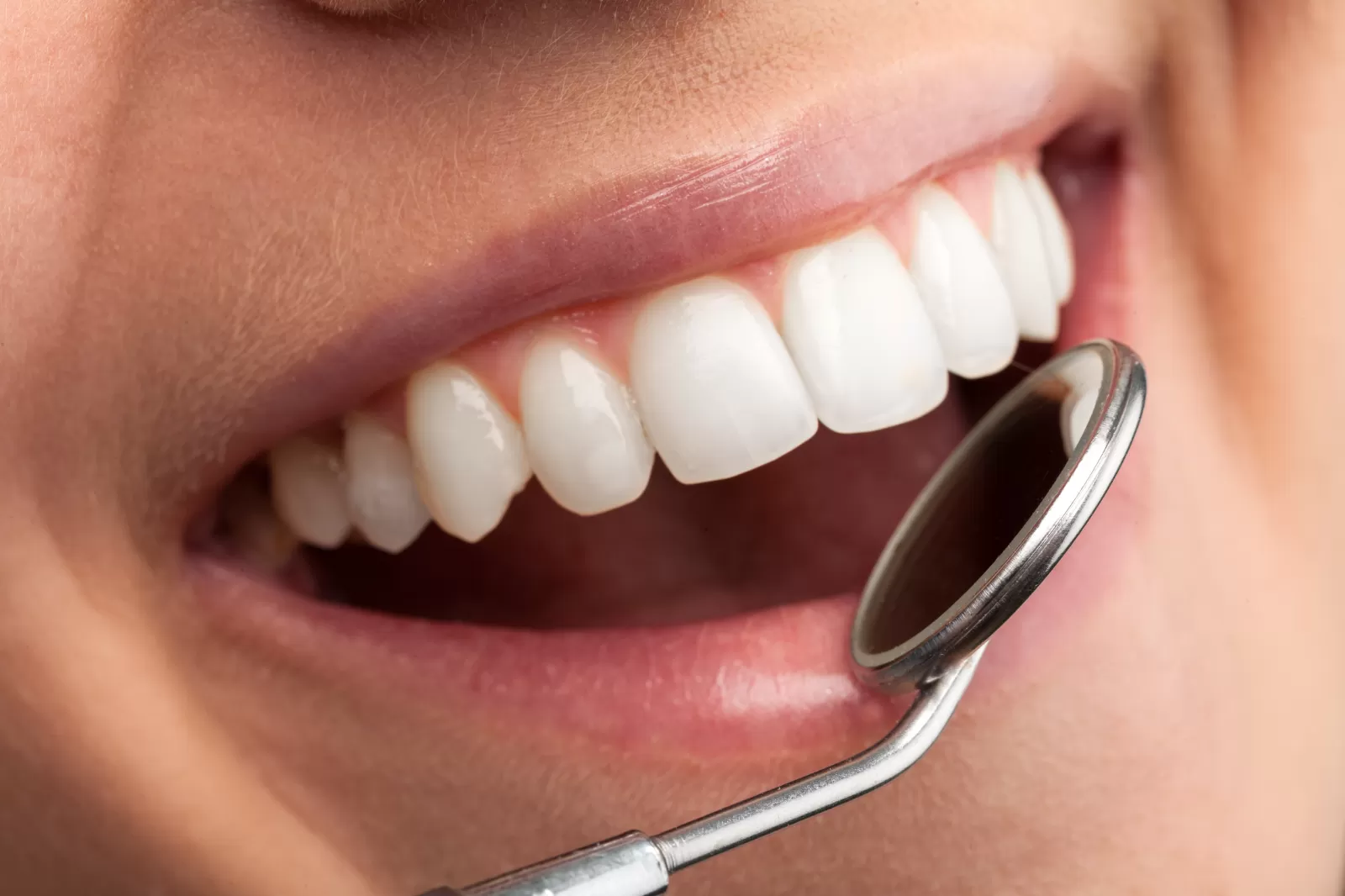Why Choose GEDC for Periodontal Treatment Services
Periodontics is a highly specialized area of dentistry that treats the area “around” a tooth, including the gums, bone, and supporting ligaments. While modern dentistry has given us healthier, brighter, straighter smiles, more than half of American adults still suffer from gum disease. A healthy-looking smile is often mistakenly equated with good overall oral health, but this is not always the case.
Regular visits with your doctor are the best way of ensuring that your mouth is truly healthy, with access anytime, anywhere to all the periodontal services you need under the same network for easier care. Our dentists are leaders in the field of gum disease treatment — catching it sooner and treating it before it worsens — and utilize modern technology, techniques, and educate you through continuing education to make your visits comfortable. We offer affordable treatment plans — such as cash pay, insurance, financing, and CareCredit — to help you live a healthy lifestyle, and Be Your Own Kind of Great.
What to Expect at Your Appointment as a New Patient
Schedule Your Appointment- A consultation is provided, and X-rays are done, if needed
- Treatment and the post-operative recovery process are discussed; this includes diet limitations and possible bruising
- A team member will set up an appointment and go over financing options or insurance with you
Patient Friendly Financing Options
Whether your dental care is for your family, a new smile for your next interview, braces for your future, or dentures to eat your favorite food, financing your dental care at Great Expressions Dental Centers is as easy as smiling.
Plans to Help You Pay
We accept cash, check, and credit cards. Plus, our Great Expressions Office payment plans (see office for details). If you don’t have insurance we also accept CareCredit and offer the Smile Protection Plan
CARECREDIT®
When you finance with CareCredit, you get the dental treatment you need, with zero down or minimal up-front investment.
READ MOREWE ACCEPT YOUR INSURANCE
Great Expressions is In-Network with most providers, and participates with PPO and DHMO programs.
READ MORESMILE PROTECTION PLAN®
The Great Expressions Dental Plan offers dental discounts without deductibles or precertification limitations.
READ MORE

